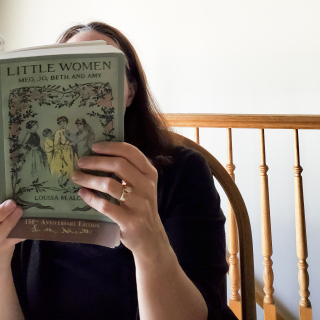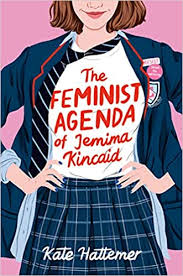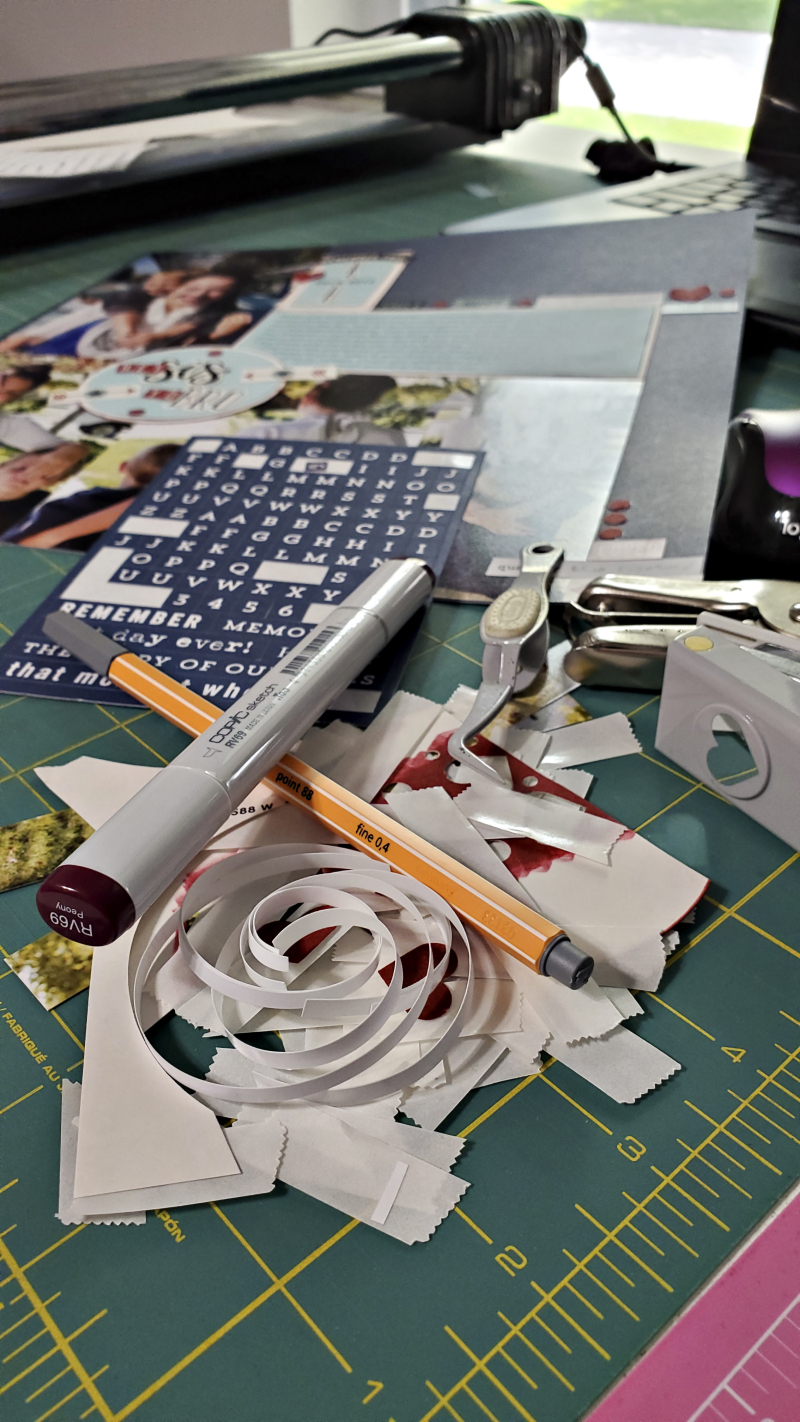Library Experiences in a COVID World
Tuesday, September 22, 2020
If you’ve read my blog for very long, follow me on Instagram, or know me in person, you know I believe that books can save your life. I believe in the power of the written word to help a reader find her way, of story to educate, console, and transform, of metaphor to enlighten. I believe libraries are an important part of our society; like museums, they feed our cultural heart.
But I also understand the reality of our current situation, the fact that we are living in a pandemic.
On Friday night I had a…conversation? not really an argument, per se, because I did not lose my temper, but it was definitely a discussion. Let’s call it a debate. On Friday night I had a debate with a library patron that brought these two concepts into conflict.
The library where I work was one of the first libraries to open in Utah, and so, since Utah seems to have opened earlier than many other states, perhaps one of the first to open in the nation. We started with highly modified procedures and have gradually, over the months, relaxed the constrictions. Two weeks ago, we moved to being open for our normal hours. But we still require masks; we ask patrons to limit their visit to an hour, and there isn’t any furniture set out. You can’t linger in comfortable chairs, reading the newspaper. We want patrons to use the library to access materials—books, printers, the internet—and then go home. The library as a social gathering place is a concept for a non-pandemic world.
This particular patron was not happy with me when I told him about the lack of furniture and the one-hour time limit. Specifically, he wanted to sit somewhere comfortable and use his laptop. When I told him we weren’t set up for that, he grumbled that the library was “ridiculously Draconian.” I smiled politely and he wandered off.
Two hours later, I switched desks to the basement floor, where our computer lab is. Said gentleman was sitting in front of one of the computers, using his laptop. Mind you, this was two hours after I’d told him about our one-hour time limit. The other librarian had reminded him of the hour limit, but he pushed back.
I waited for another half hour, and when he still had made no progress toward leaving—and when there were other patrons in the area—I calmly told him that we are limiting the time for being in the library to an hour, and as he had been there for almost three, he needed to wrap it up. He again grumbled and rolled his eyes, and he snapped at me that he was “almost done.”
I said “OK, thank you,” and went back to my desk.
Ten minutes later, this patron walked over to my desk. He said “can I ask you a question?” and I said, “that is what I am here for.” I knew that of course he wasn’t going to ask me for a book recommendation (I mean, why would you ask a librarian sitting in the fiction area for a book recommendation? Clearly what happened was even better), but I never imagined what would happen next.
Twenty minutes.
Twenty minutes.
Twenty minutes of debating whether or not the library’s restrictions are necessary. He brought up so many Fox News talking points. I calmly refuted them, but inside I was fuming. Fuming. He insulted me several times, but more than that, I feel like he took a hammer to my belief in humanity. After my shift, when I’d closed up the library and was driving home, I felt the response in my body, as if all the negative emotions were objects bumping around in my circulatory system.
I’m aware that blogging about this incident doesn’t change it. It doesn’t change his opinions (talking about it face to face didn’t change his opinions). It also might stir things up at work that might otherwise remain unstirred. But writing and sharing has become a method for processing for me. Those feelings are still here, jostling around my body, and maybe writing about them will help. Here is a list of his objections and my responses:
“Why is the library being so Draconian?”
He must’ve said “Draconian” fifty times. He claimed other libraries in the county allow you to do whatever you want. (This is not true.) And he kept pushing that there was a secret reason for all our limitations, a secret that I knew because I’m in the “upper echelon of librarians.” (If he only knew how ridiculous that statement is.)
Finally I just said, “sir, I seriously do not know a secret reason. Why don’t you tell me what you mean?” and he said “the secret is that the library is afraid. They are basing all of their decisions on fear.”
Yes. We don’t want our patrons to get sick. We don’t want our coworkers to get sick either. If taking safety precautions as recommended by scientists, while simultaneously being the most accessible library in perhaps the whole state is making decisions out of fear, then, OK. That’s the secret.
(I did not say these thoughts. They are highly sarcastic and even with my iron-willed control of my emotions I could not have responded politely to that point.)
“Why does the library think it’s so special?”
His point here was that grocery stores, doctor’s offices, and schools are open during the pandemic. Why shouldn’t libraries also be open?
I love libraries. They have been my saving grace on many occasions.
But libraries are not literal health care. They can’t stop you from dying from a heart attack.
Books can feed your soul, but they are not literal food. They cannot give you calories you need to sustain your body.
Libraries and education work closely together. Students need access to a library. Currently, at our library, they have access. They can check out books and use a computer. Also, I think the way our society is treating teachers is downright shameful.
Finally, he doesn’t see the irony in standing in a library shouting at a librarian about “fair access”? You are in a library. You’ve been here for three hours. What more do you want?
“Why do you think you’re so special?”
“The grocery store employees are risking their lives and you’re sitting there behind your sneeze guard in a mask doing nothing. Why should they risk their lives but you don’t have to? Isn’t it a little bit cowardly?”
Seriously…this random dude called me a coward. He knows nothing about me. He doesn’t know what small and large courageous things I’ve done. Truth is: I don’t want to get sick. I don’t want the lingering effects that COVID can have. I don’t want two weeks of feeling horrible. I don’t want my family members to have it, either.
I’m not a coward. I am a rational person who listens to the people I know who have experienced the illness, as well as the reports of doctors and scientists.
I’m also a person who is out in public taking care of patrons. Taking care of that patron arguing with me. How am I making myself “special”?
“I mean, it’s not like you have any risk factors. You’re young, you’ll be fine.”
He doesn’t know I have restricted lung function after having whooping cough.
He doesn’t know I have a husband and a child with heart issues.
Also he clearly doesn’t know that sometimes people get sick and even die without risk factors.
(I told him this, very politely. He looked abashed. Then he got in my face about sending my kid to school if he has risk factors. WHAT.)
“Oh, so doctors can risk their lives, but you can’t?”
Well, I chose to not become a doctor. I’m not medically certified. I didn’t go to school for eight or ten years like doctors do. I also don’t make a doctor’s salary. Whilst standing by my “libraries are important” belief, I also believe that libraries are far less important than doctors.
When I told him this, he said “well, you’re far less educated than a doctor. You probably don’t even have a Bachelor’s degree.”
Actually, I have two, but thanks for making my point for me. Yes: I know I don’t matter to society as much as doctors. That is exactly my point. They deserve to make more money than I do. But that also comes with personal risk.
“Besides, it’s not like this is as scary as everyone thinks. More people die from the flu. It will all go away after the election.”
(Please imagine me sitting in my tall chair behind the library desk, in my orange cardigan. Please imagine how high my eyebrow shot up. Please imagine the internal swearing that was happening inside my head.)
Well, I guess the doctors, nurses, grocery store employees, and teachers aren’t putting their lives at risk then, are they?
The worst thing, somehow, is at the end of this debate, he thanked me. He actually thanked me for having “an intelligent conversation” with him. I don’t know why that felt awful, but it did. Maybe because as a library employee I have to walk a fine line: I have to defend myself, but I also can’t be blunt and say what I really think. Maybe because I found it fairly surreal to be supporting restrictions that, in all honesty, I find to be not restrictive enough.
Or maybe just because I know I didn’t change his thought process one bit.
But I do feel better, having written this. If nothing else, I can stop having imaginary conversations with this guy in my head. Having written, I can now move on.
One of my favorite writers, Neil Gaiman, said “If you do not value libraries then you do not value information or culture or wisdom. You are silencing the voices of the past and you are damaging the future." I wonder...how much of this idea did that patron understand? He wasn't objecting to the library restrictions because he was worried about how it might impact anyone other than himself. He feels entitled to sit at the library for hours on end with his laptop, but it didn't matter at all to him that others actually have access to books; what mattered was that he couldn't have it exactly the way he wanted it.
And here's the irony in this whole situation. He didn't say this, but the conclusion I drew from his words is that he considers the library, and thus by association me and all other librarians, as being selfish. Thinking only about themselves instead of what their patrons might need, considering their own fears more important than his right to a comfortable place to sit.
And I, quite frankly, consider him to be selfish, thinking that his rights are more important than other people's health.
I didn't tell him that, of course. I did strive to remain professional during this interaction. But now that it is past and I am trying to process the experience, that is what I come back to. I don't want to believe that Americans have allowed our independent spirits to morph into selfishness. I want to believe in the good of humanity.
But that interaction left me much less able to hold on to my belief.


